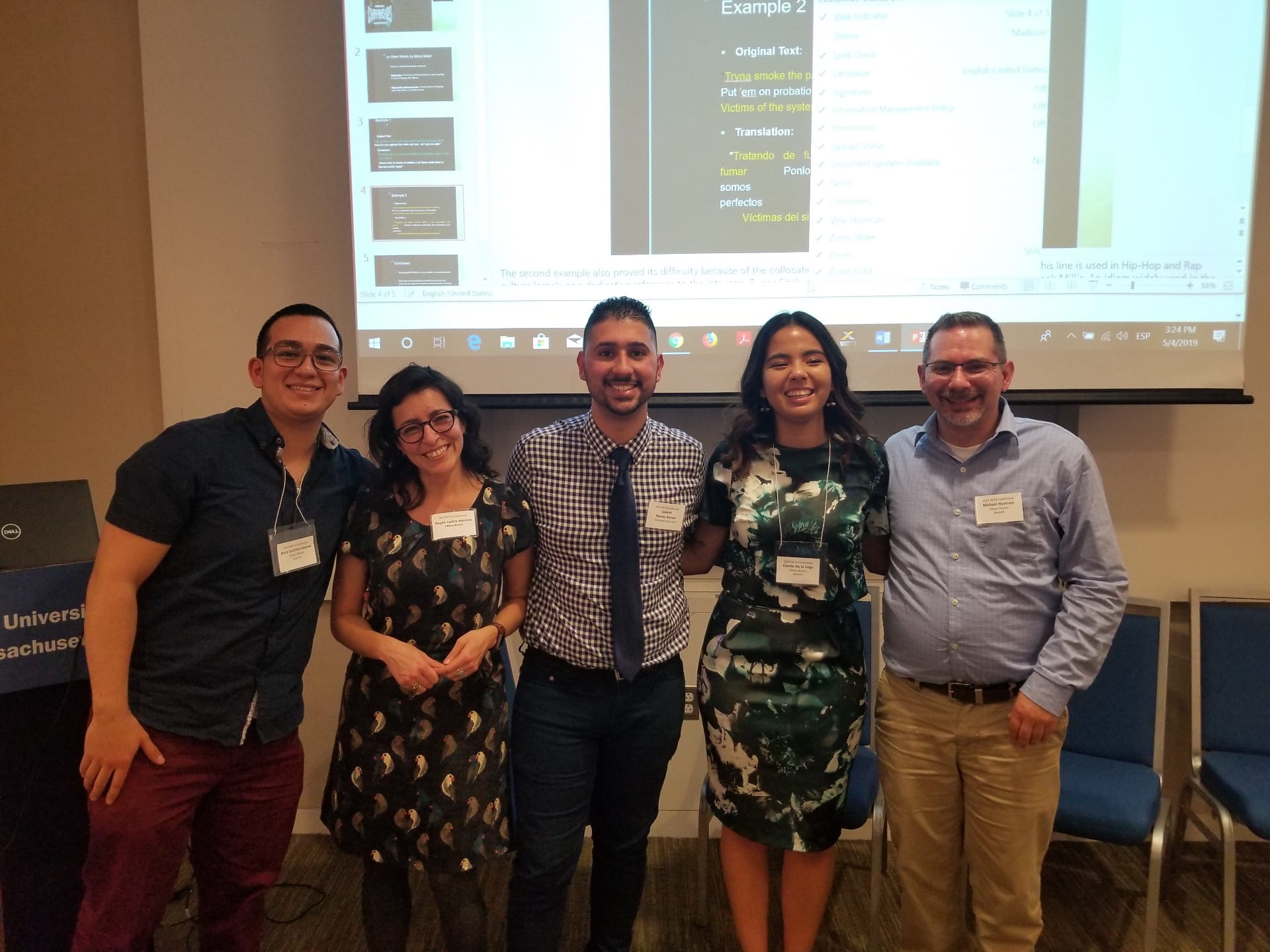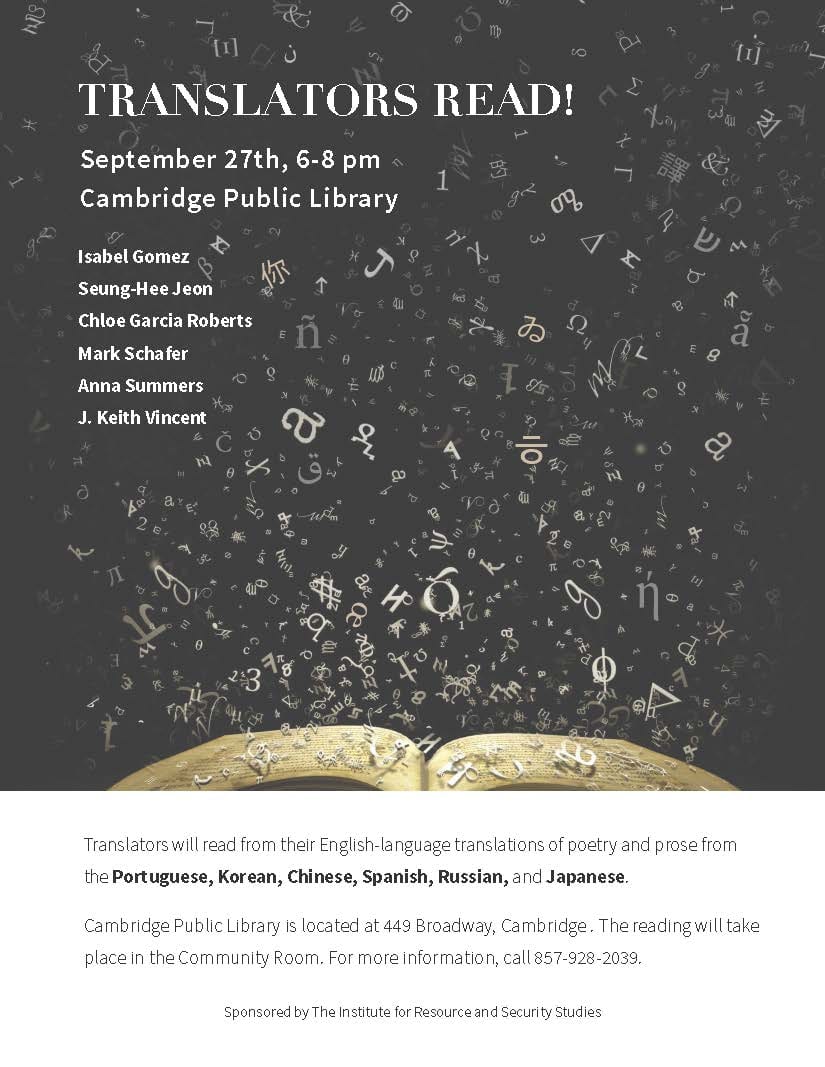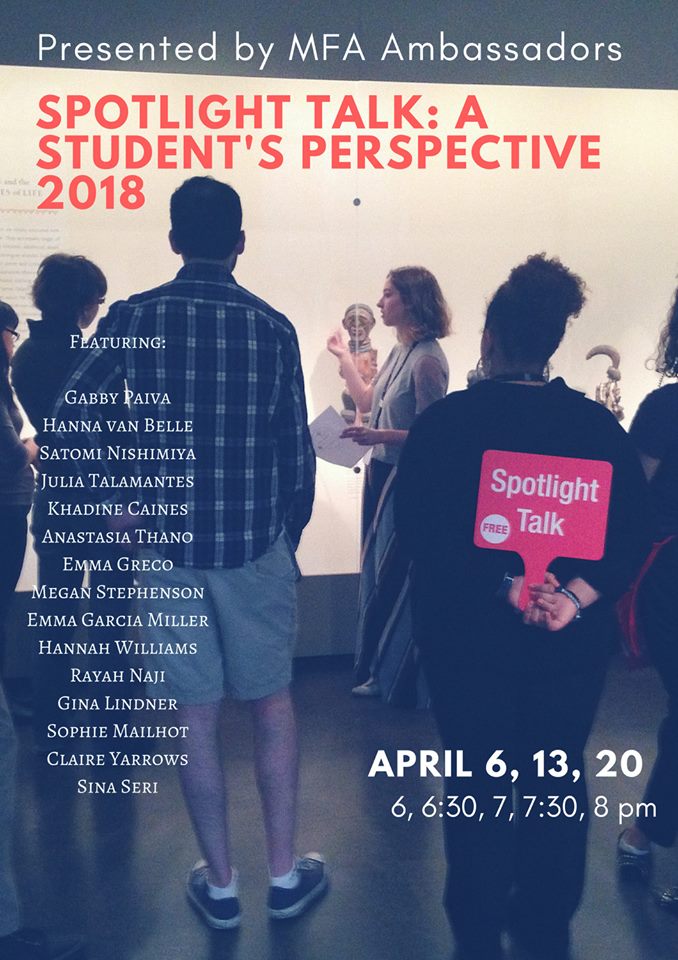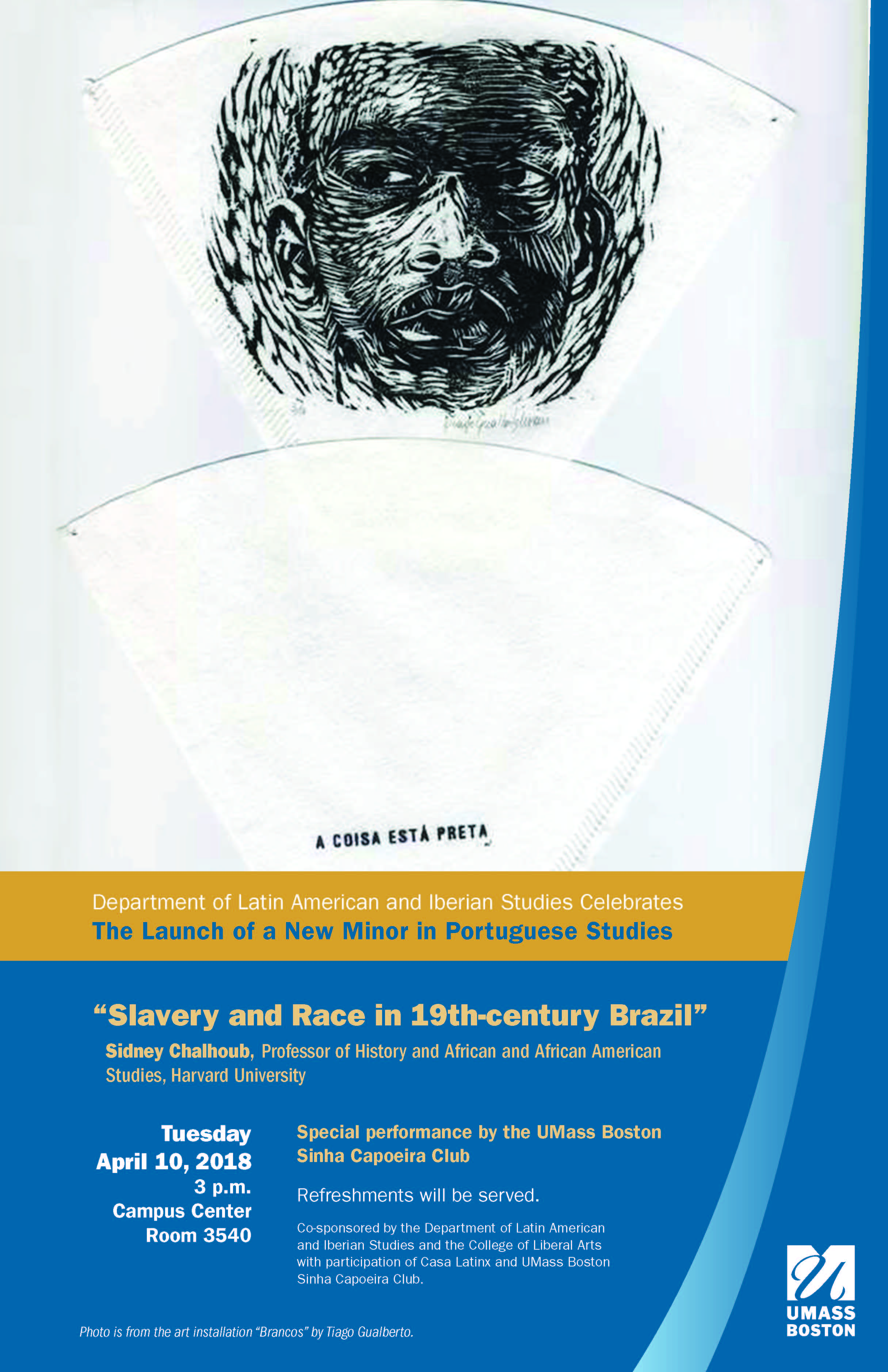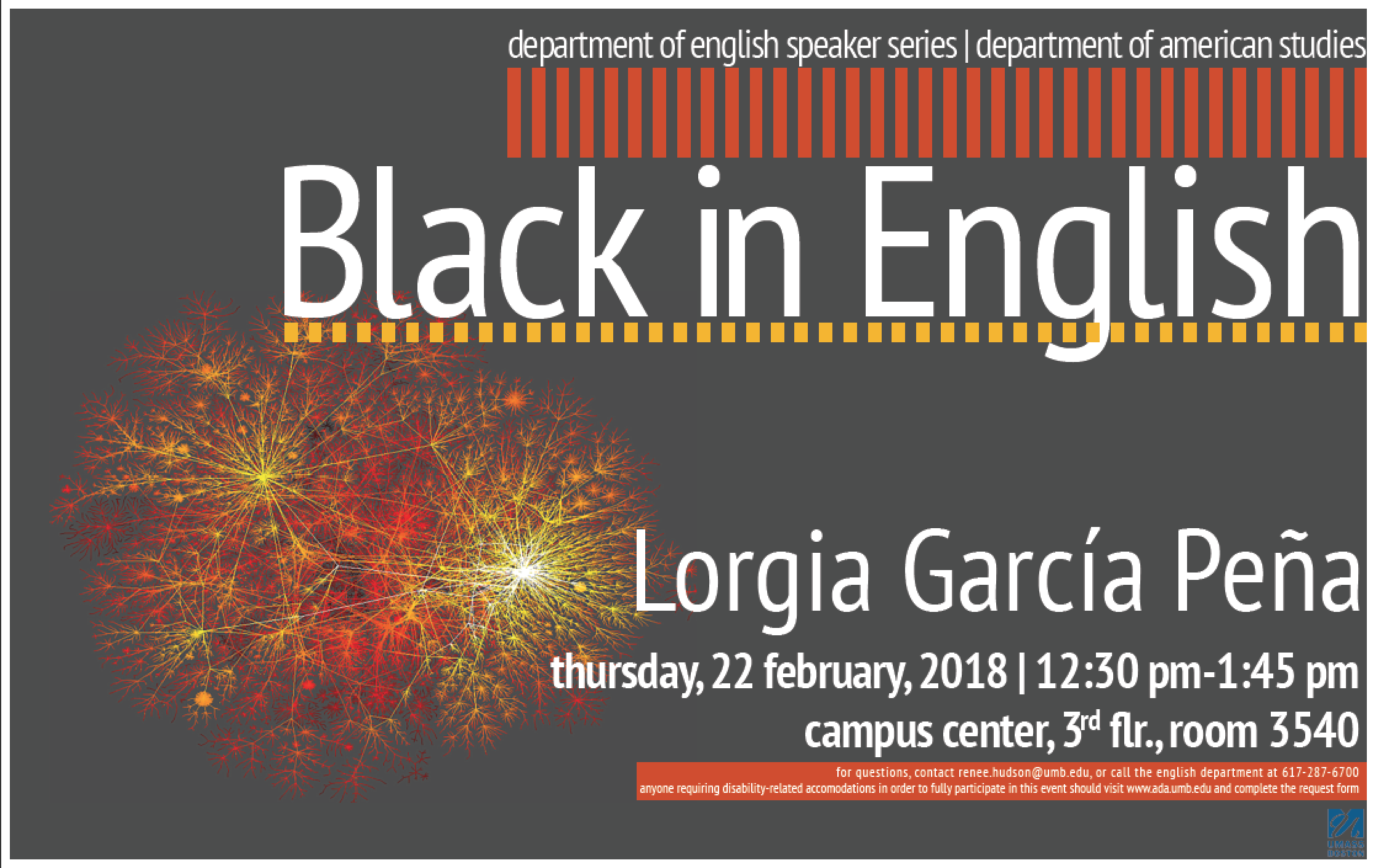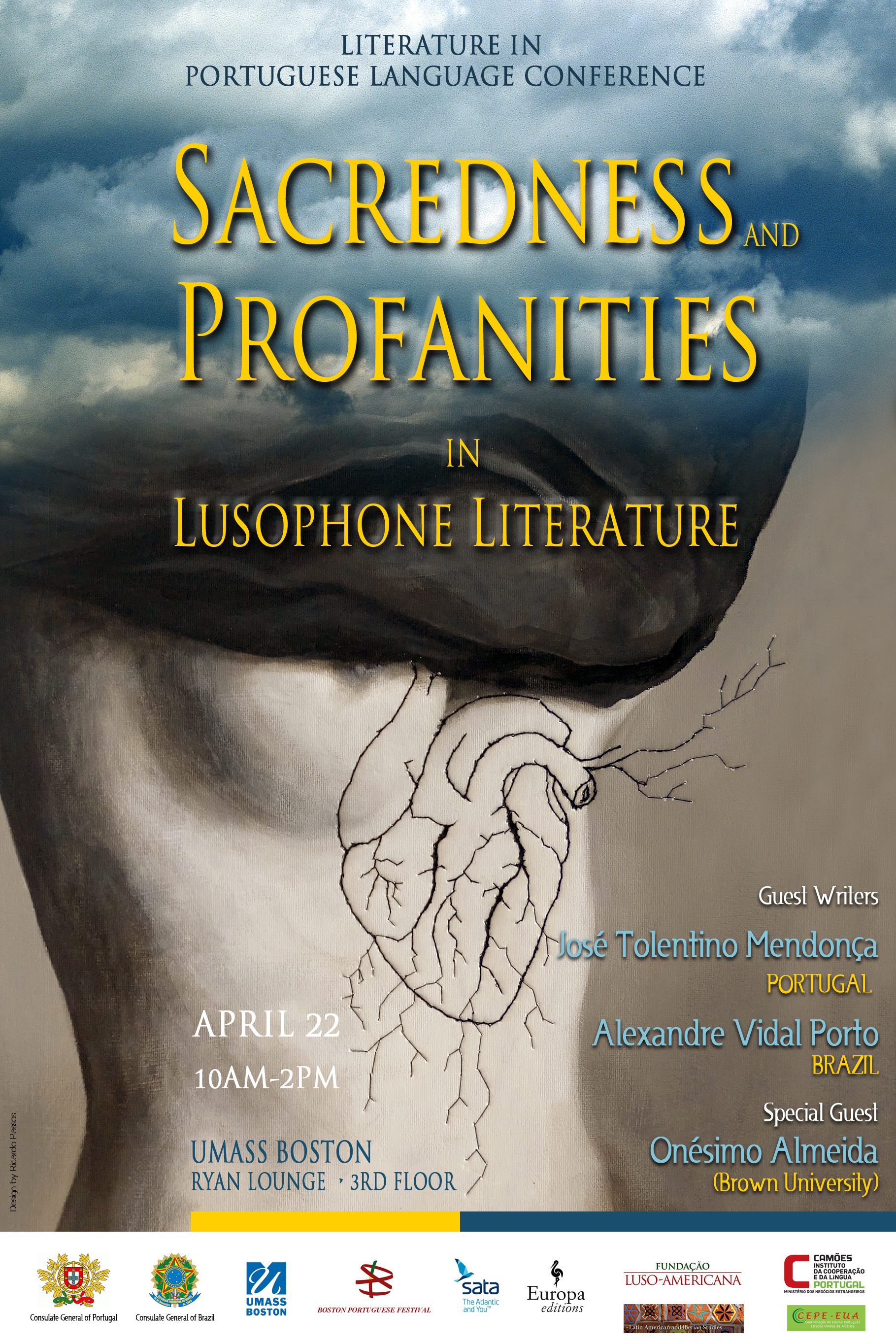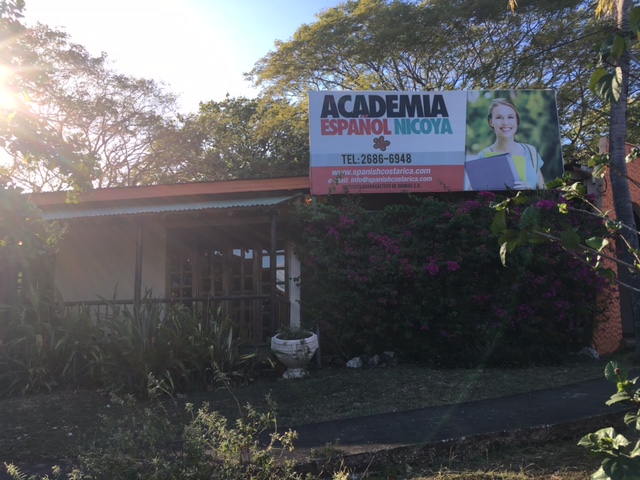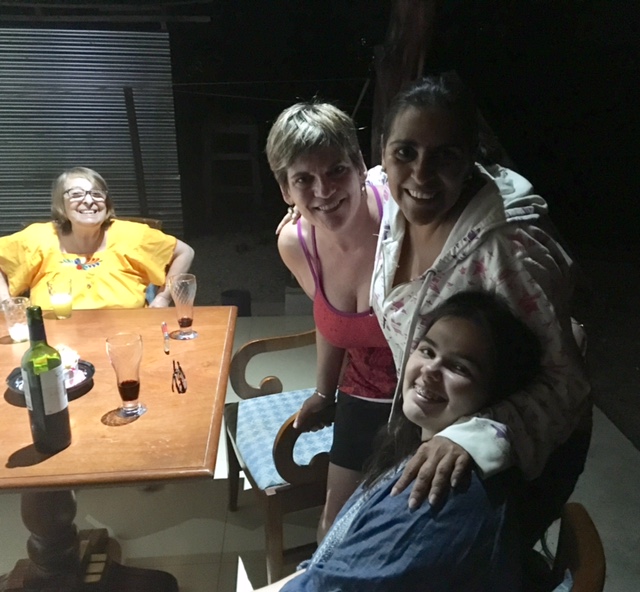Last Saturday May 4, LAIS students participated in the 23rd Annual New England Translators Association Conference, which was held in UMass Boston. Under the general topic “Innovation from Within: How Interpreters and Translators Are Shaping the Present and Future of the Field,” Alfonso Ceciliano (” Towards an Inclusive Education through Translation”), Daniel Flaherty (“An Intralingual Translation of El retablo de las maravillas), Maria Gonzalez (“El secreto encanto de la traducción: A Study of Borges’s ‘El disco’ in Translation”), Jacob Matthews (“Equivalence, ethics and Todorov’s interpretation of the American Conquest”), Michael Nystrom (“A New Translation for a New Silk Road”), Yerielis Rivera (“Ethics & Poetics in A Spanish Translation of ‘Passing the Gift'”), Nery Sanchez-Roman (“Translating Meek Mill’s ‘Championship’: A Socio-Poetic Performance”), Tyler Tripp (“Back in the ‘Game of Thrones’: A New Spanish Translation”), and Camila de la Vega (“Amending Languages: A Spanish Re-translation of the First 10 Amendments in the US Constitution”) showed how translating and translations allow us to make sense of critical current events, and literary and political discourses.
Category Archives: Uncategorized
Translators Read!
September 27th, 6-8 pm
Cambridge Public Library
Six translators will read from their English-language translations of poetry and prose from the Portuguese, Korean, Chinese, Spanish, Russian, and Japanese:
Isabel Gomez
Seung-Hee Jeon
Chloe Garcia Roberts
Mark Schafer
Anna Summers
J. Keith Vincent
Cambridge Public Library is located at 449 Broadway, Cambridge . The reading will take place in the Community Room. For more information, call 857-928-2039.
Anastasia Thano: MFA Ambassador
Anastasia Thano, LAIS student, will give her last talk as MFA Ambassador on Friday, April 13th. In her presentation she will talk about four 18th century-Mexican “Casta” paintings.
Anastasia has been a student ambassador at the MFA for four years. It will be exciting to see her sharing her knowledge and interests with UMass Boston community.
Are you interested in a Portuguese minor? Join us on April 10th!
In celebration of the inauguration of the Portuguese Studies Minor, the Latin American and Iberian Studies Department will be welcoming historian Sidney Chalhoub, Professor of History and African and African American Studies at Harvard University to give a lecture entitled “Slavery and Race in Nineteenth Century Peru”, to take place on April 10 at 3pm. Professor Chalhoub has written five books on the history of race, slavery, public health and literature in modern Brazil. On April 10, in commemoration of this year being the 130th anniversary of the abolition of slavery in Brazil, he will be speaking about the legacies of slavery and race in the region.
The Portuguese Studies Minor is a new minor that gives students the opportunity to study the language, societies, politics, and cultures of the modern Lusophone world in all continents. Students can choose from a range of courses on the language, literature, film, culture, economies, politics, and societies of the Lusophone world.
New opportunities to speak Spanish at the Spanish Resource Center
“Black In English” Lorgia García-Peña (Harvard University)
Don’t miss this opportunity to hear Lorgia García Peña, a specialist in Dominican diaspora, literature, and culture.
Here is a chapter from one of her books and one of her articles.
W4 García Peña Lorgia Ch 4 Rayano Consciousness Remapping the Haiti DR Border-2ij8viv
W4 García Peña Lorgia Translating Blackness Dominicans Negotiating Race and Belonging-21eil27
Save the date! Portuguese Language Conference
Educación De Calidad Para Un Futuro Mejor: A Costa Rican Adventure
 When I emailed Professor Schafer about enrolling, he responded, “Great! You should know that it’s a challenging course, with a lot of grammar and vocabulary.” There is more than a boat load of grammar and new words. But he was gentle and demanding at once and I stuck to it and continued to Spanish 102 with him. Last fall I progressed to Spanish 201 with Professor Mraz. She delighted me with her enchanting take on language and culture and her use of technology to impart knowledge. Now I’m in Spanish 202 with Department Chair Nino Kebadze whose enthusiasm for Spanish is more than contagious. But before coming to Costa Rica to this Spanish immersion program, I continued to talk with my hand near my mouth so that it would capture all my oral flubs.
When I emailed Professor Schafer about enrolling, he responded, “Great! You should know that it’s a challenging course, with a lot of grammar and vocabulary.” There is more than a boat load of grammar and new words. But he was gentle and demanding at once and I stuck to it and continued to Spanish 102 with him. Last fall I progressed to Spanish 201 with Professor Mraz. She delighted me with her enchanting take on language and culture and her use of technology to impart knowledge. Now I’m in Spanish 202 with Department Chair Nino Kebadze whose enthusiasm for Spanish is more than contagious. But before coming to Costa Rica to this Spanish immersion program, I continued to talk with my hand near my mouth so that it would capture all my oral flubs.21st Annual NETA Conference
Film screening: Starving the Beast
On February 16, LAIS is co-sponsoring a film screening of Starving the Beast. Attached is a PDF flyer that you can share with your students to help advertise the event if you wish. At the event, there will be some light refreshments, then the film and a brief discussion after. Barbara Madeloni from the MTA will speak, and hopefully a couple students.
Location: Ryan Lounge (M-3-721)
Date: 2/16/17
Time: 5pm-7:30pm
Synopsis: As college tuition skyrockets and student debt explodes, a powerful new documentary reveals a nationwide fight for control of the heart, soul and finances of America’s public universities. Starving the Beast tells the story of a potent one-two punch roiling public higher education right now: 35 years of systematic defunding and a well-financed market oriented reform effort. It’s the story of a little known and misunderstood ideological fight, the outcome of which will change the future of public higher education. The film reveals an historic philosophical shift that reframes public higher education as a ‘value proposition’ to be borne by the student as a consumer, rather than an investment in citizens as a ‘public good’. Financial winners and losers emerge in a struggle poised to profoundly change public higher education. The film vividly illustrates these issues in unfolding dramas at six public research universities: University of Wisconsin, University of Virginia, University of North Carolina, Louisiana State University, University of Texas, and Texas A&M
http://www.starvingthebeast.net/
http://www.theatlantic.com/education/archive/2016/09/the-politics-of-higher-education/498551/
http://www.nytimes.com/2016/09/09/movies/starving-the-beast-review-steve-mims.html?_r=0

